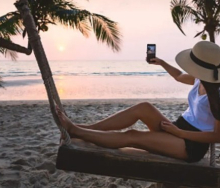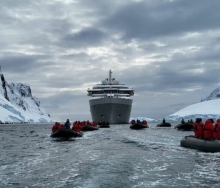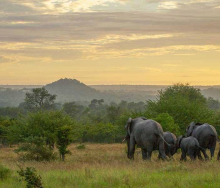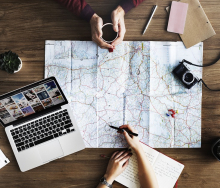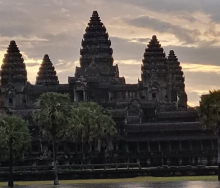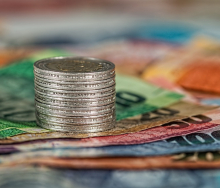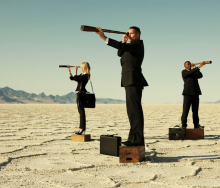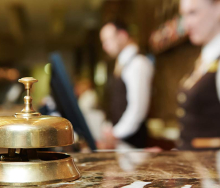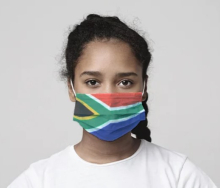In the early days of the COVID-19 outbreak, the burning questions for travellers around the world were, should I travel or not? What are the chances that I’ll get stuck or quarantined in another country? Will I be able to get home, and what if I can’t and I run out of leave in the process?
Now that it is a global pandemic and worldwide travel bans are in place, those decisions have been taken away from many of us. In most cases we cannot travel – not even for a wedding, funeral or hospital visit. This has caused a flurry of cancellations and postponements of travel plans worldwide, not only for the immediate future or during the lockdown period, but extending many months into the future.
These are ‘no fault’ cancellations, caused by a force majeure – an unforeseen occurrence beyond the control of any of the parties involved in the purchase/supply contract. The traveller did not want to cancel, the supplier is willing and able to provide the accommodation, but may not, and the tour operator or agent has facilitated the booking and is not choosing to withdraw their services either. Each of these three players is an innocent victim of circumstances.
So the all-important question now is not should we encourage travel at the moment? It is should my guests cancel or should they postpone? The travel industry is on its knees begging people to postpone rather than cancel, and here’s why:
- When guests postpone they preserve the cash flow of the tour operators, airlines, lodges and hotels that are currently closed and have no income. This income is desperately needed to at least keep their staff on a minimum wage during this time.
- By postponing this gives the tourism industry a fighting chance – think of it as providing a ventilator for an infected person. If guests postpone, operators should be able to hang in there, recover and be ready to facilitate travel once the world returns to normal (whatever the new normal will be).
- If a guest postpones, they will not be losing out. Most suppliers are holding current rates for travel into next year, and not charging any amendment fees. This way, the whole supply chain survives.
- The weakening of emerging market and other Third World, currencies since the outbreak of COVID-19 will mean that, in the event of cancellation, the refund international travellers will receive will be lower than the amount originally paid.
There is an enormous amount of fear in the travel and hospitality industry right now, and unfortunately not all businesses will survive, but if more people postpone rather than cancel, the better the industry’s chances of survival.
According to travel website Skift “…travel’s GDP contribution accounts for nearly ten percent of the world’s GDP”. That’s an awful lot of people – many of whom are in Third World countries and support up to 10 people each – whose jobs are at risk. For them it’s not just a case of will I be financially disadvantaged? It’s will I be able to house, feed and provide basic medical care for my family? Will I be able to keep them alive?
Many sophisticated countries have great consumer protection Acts in place that demand a 100% refund in instances like the current COVID-19 situation. I don’t imagine for one moment that when they were put in place they thought about the knock-on effect in impoverished countries, some of which have never heard of unemployment funding. In these countries, you work, you live – you don’t work, you die.
So I am adding my voice to this plea. If your guests can do it, please rather postpone than cancel, even if it is not terribly convenient.
Only encourage them to cancel if they have insurance that will cover cancellation fees or if they themselves are in desperate need of the money right now.
Please help us to help those who are not in a position to help themselves. My experience is that most tourists would like to make an impact, give a donation to starving villagers etc. They are kind, selfless and sincere about responsible travel. Please, apply the same thoughtfulness to your travel planning now, knowing that it is not only about a holiday, it’s about survival.
Nikki Meyer, regional manager of Seolo Africa, based in the Kruger National Park

